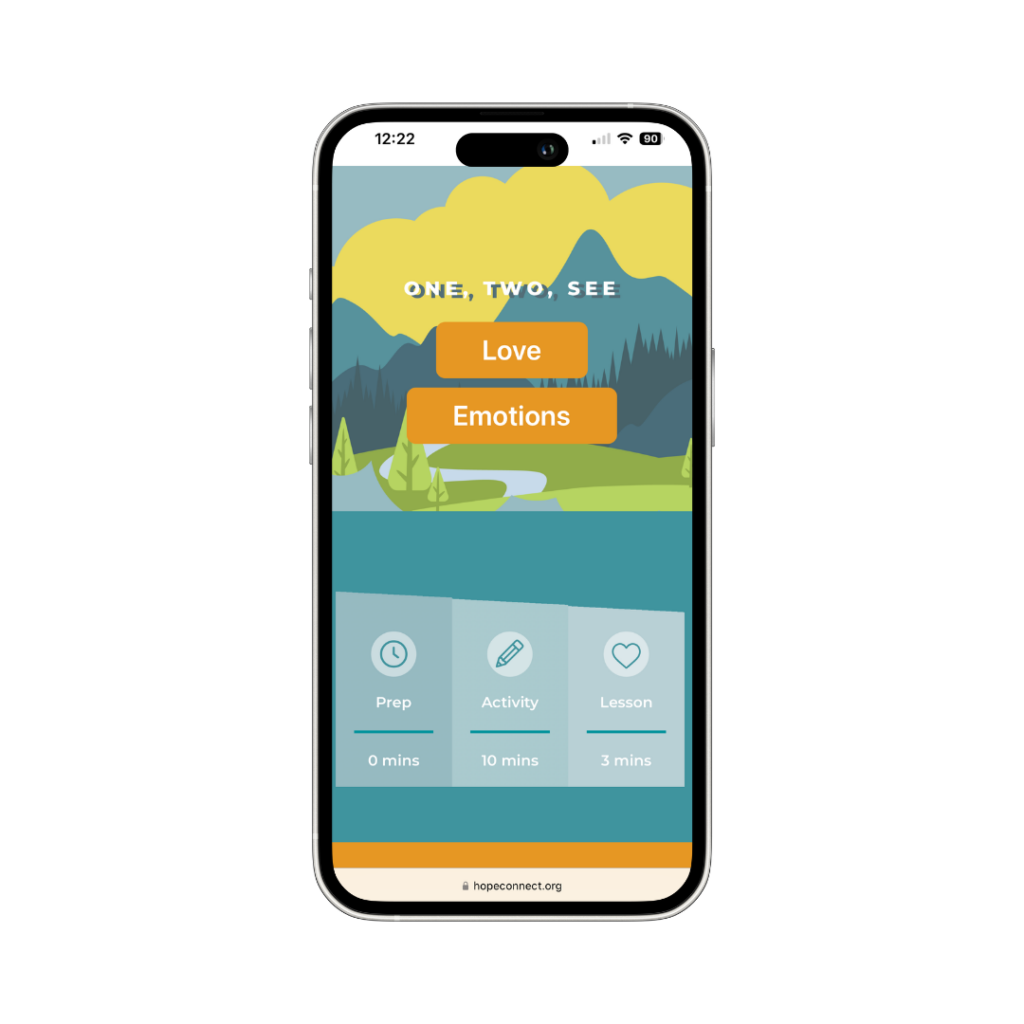Knowing when and how to discipline your children is one of the most challenging parts of parenting. When your child misbehaves, your emotions are elevated, which makes this an easy time for caregivers to respond out of anger, fear, or frustration.
Depending on the situation, your child may also react in any number of ways to the stressful situation.
As the adult in this scenario, it’s your responsibility to address your child’s behavior in a way that teaches them to discern right from wrong. When handled correctly, these learning opportunities also help develop your child’s self-esteem.
Whether you’re raising small children or teens, read on to learn how to discipline correctly.
The Truth About Discipline
Before you can understand how to discipline your child correctly, you first need to understand what discipline is and what it isn’t.
Here’s a common scenario — your frustration reaches a boiling point, and your children see your intense anger as you announce the punishment they’re about to face for their misconduct. Yikes!
Never punish in anger. When parents hear the word discipline, they usually think of punishment. So, let’s clarify the misconception.
Discipline is about teaching and guiding your children, rather than simply imposing punishment. It is a method used to instill wisdom and increase your children’s abilities, helping them develop self-discipline and discern between right and wrong.
Here are four key discipline strategies to help you correct in love, not anger:
Set Clear Expectations
Children need clear rules and expectations to guide their behavior. Establish these guidelines together and communicate them to your children, explaining the consequences of both following and breaking the rules. Consistency and predictability are essential, as they help your children grasp boundaries and feel secure.
Manage Your Emotions
Discipline also involves managing your emotions. It’s important to remain calm and avoid anger during disciplinary moments. Taking a moment to breathe and collect yourself can prevent escalation and model self-control for your child.
Age-Appropriate Discipline
Using logical consequences helps children understand the impact of their actions. For instance, if a child spills something while fooling around, having them clean it up teaches responsibility without harming their self-esteem.
“As parents, I think we need to keep our expectations anchored in reality, to anticipate mistakes and even foresee some misbehavior. It’s common to lose sight of what is considered typical behavior at different ages and developmental stages,” Jill Savage says in Clear Expectations for Kids , published by Focus On The Family.
As children develop, the discipline strategies we use should adapt to their ages and stages.
Infants and Toddler
At this stage, discipline is more about protection and modeling good behavior. For example, if a toddler tries to grab something hot, redirect them with a safe alternative and explain why the object is dangerous.
School-Age Children
As children gain independence, conflicts may arise. Parents should supervise, set consistent rules, and use praise to encourage good behavior. Logical consequences, such as losing privileges, can be effective in teaching accountability.
Adolescents
Teenagers often challenge authority and seek independence. Maintain open communication, set clear rules, and use logical consequences. By doing so, parents can foster an environment of trust and respect rather than engaging in confrontations.
Acknowledging and reinforcing good behavior is a powerful tool in discipline. Positive reinforcement encourages children to continue behaving appropriately and helps build their self-esteem.
Seek Professional Guidance
If you are facing ongoing challenges with discipline, consulting a mental health professional can provide additional strategies and support. Parenting classes and coaching can also be beneficial in learning effective discipline techniques. The 4KIDS EPIC team of therapists offers parent training sessions to help you with free, online training.
By viewing discipline as a teaching tool and setting clear, consistent expectations, you can guide your children towards positive behavior and emotional growth.
Key Takeaway
Discipline is a teaching opportunity, not a punishment. This perspective helps your children develop into emotionally and socially healthy adults.
Discipline your children while there is hope. Otherwise, you will ruin their lives.
Application
Need help using a different approach to discipline?
Oh SHOE! provides a great opportunity to teach your kids empathy and the ability to understand a different perspective when they’re experiencing conflict.
Access Oh SHOE! now in our HopeConnect™ Everyday Moments™ collection.





